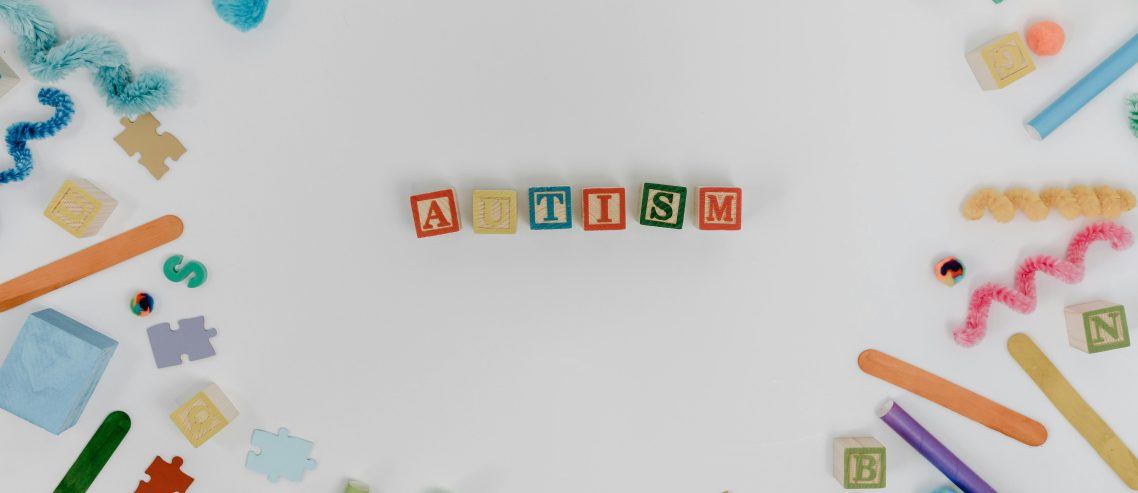Schizophrenia and Psychosis
According to the National Institute of Mental Health, “Schizophrenia is a chronic and severe mental disorder that affects how a person thinks, feels, and behaves. People with schizophrenia may seem like they have lost touch with reality. Although schizophrenia is not as common as other mental disorders, the symptoms can be very disabling.
Signs and Symptoms: Symptoms of schizophrenia usually start between ages 16 and 30. In rare cases, children have schizophrenia too. The symptoms of schizophrenia fall into three categories: positive, negative, and cognitive.
Positive symptoms: “Positive” symptoms are psychotic behaviors not generally seen in healthy people. People with positive symptoms may “lose touch” with some aspects of reality. Symptoms include:
- Hallucinations.
- Delusions.
- Thought disorders (unusual or dysfunctional ways of thinking).
- Movement disorders (agitated body movements).
Negative symptoms: “Negative” symptoms are associated with disruptions to normal emotions and behaviors. Symptoms include:
- “Flat affect” (reduced expression of emotions via facial expression or voice tone).
- Reduced feelings of pleasure in everyday life.
- Difficulty beginning and sustaining activities.
- Reduced speaking.
Cognitive symptoms: For some patients, the cognitive symptoms of schizophrenia are subtle, but for others, they are more severe, and patients may notice changes in their memory or other aspects of thinking. Symptoms include:
- Poor “executive functioning” (the ability to understand information and use it to make decisions).
- Trouble focusing or paying attention.
- Problems with “working memory” (the ability to use information immediately after learning it).”
More on Schizophrenia from the NIMH
For Further Information:
Schizophrenia Symptoms, Signs, and Coping Tips: How to Recognize Schizophrenia and Get the Help Your Need [HelpGuide.org]
Schizophrenia Treatment and Self-Help: Getting All the Help You Need for Schizophrenia Recovery [Helpguide.org]
Medications for Mental Health Issues [ACCFS]
Resources for Family Members
Helping Someone with Schizophrenia: Overcoming Challenges While Taking Care of Yourself [HelpGuide.org]
The LEAP Foundation
The LEAP (“Listen-Empathize-Agree-Partner”) model, developed by, Zavier Amador, MD, shows you how to quickly gain the trust of someone you are at odds with. LEAP is for any relationship, but it also gives you the tools you need to persuade someone in “denial” about mental illness to accept treatment and services.
 I Am Not Sick I Don’t Need Help!
I Am Not Sick I Don’t Need Help! ![]()
Author: Zavier Amador
Publisher: Vida Press, L.L.C.
This 254-page book is for someone who is trying to help a mentally ill family member or friend who has poor insight into their illness and therefore are not compliant with treatment or even able to recognize their need for treatment.
Support Organization
Support Options from NAMI
The National Alliance on Mental Illness (NAMI) provides education and support for people struggling with mental illness and their families. This site has links to find NAMI support groups in your local area. NAMI also provides 12-week Family-to-Family education groups that can be very helpful for family members of someone dealing with mental illness.





Comments
Leave a Comment